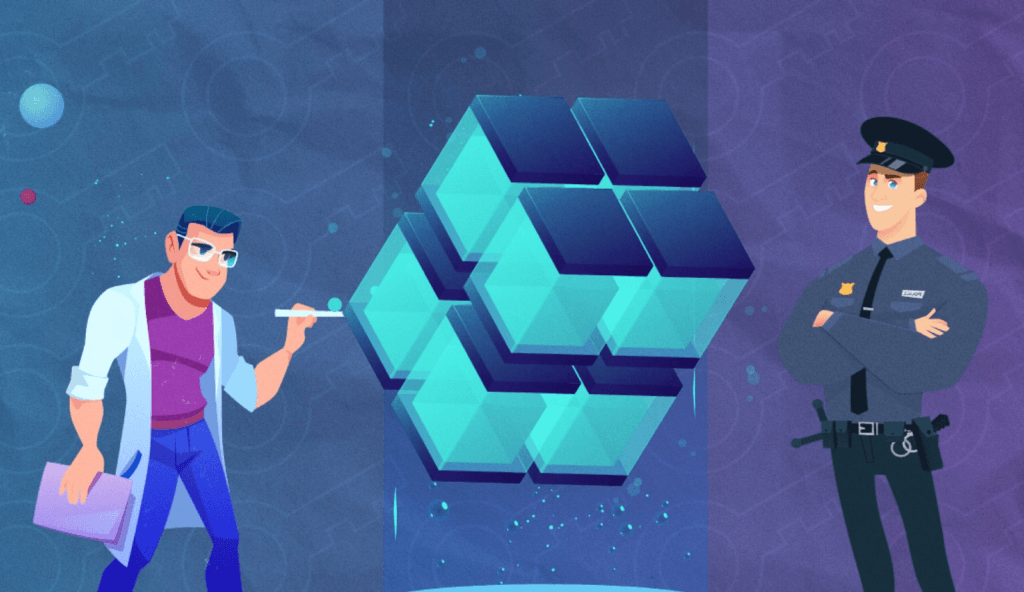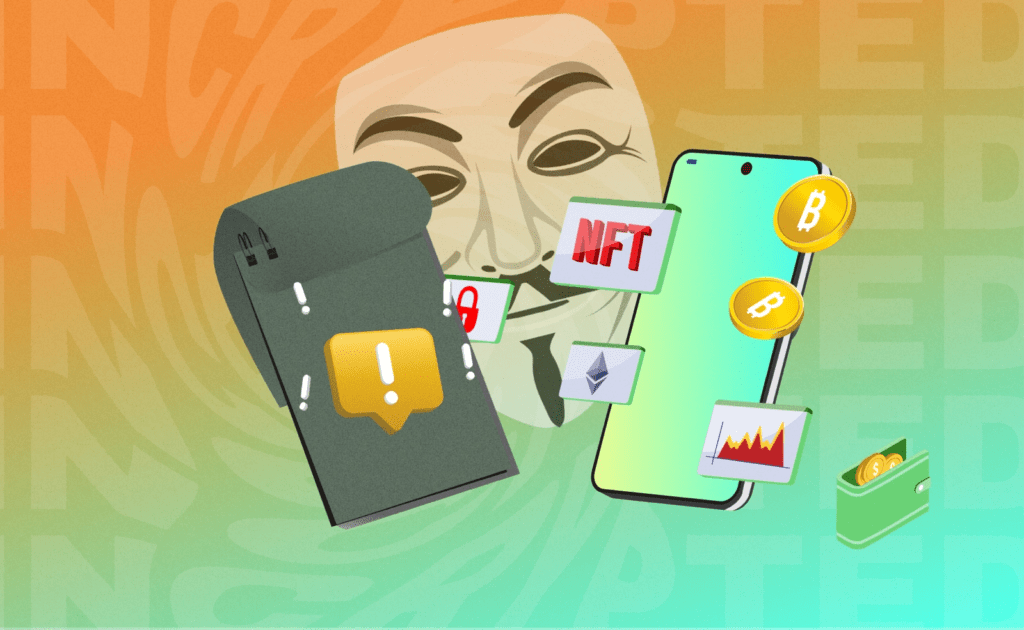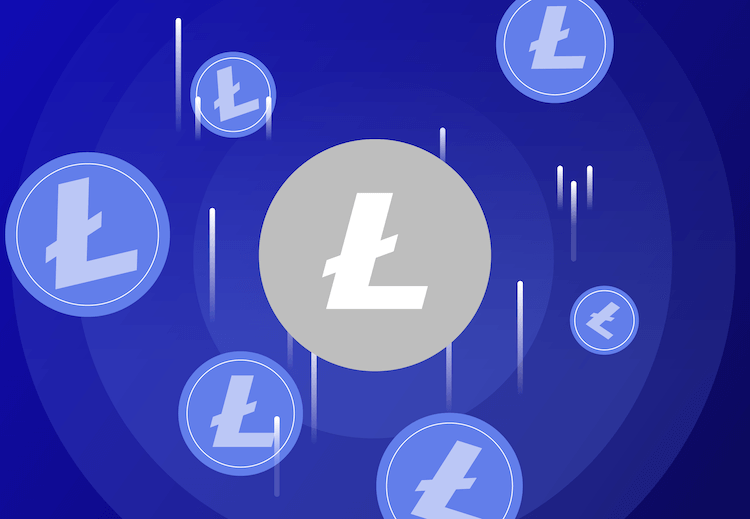
Metaworld
Neal Stephenson mentioned the term “metaworld” in the early nineties, when it was first used to refer to virtual space in his novel Avalanche. However, its real popularity began only a couple of years ago.
In the novel he described a virtual space whose participants could create objects, exchange codes (objects or programs) between themselves, move and communicate. What distinguished it from an online multiplayer game was the absence of two things: gameplay and a virtual reality that allows you to immerse yourself in that space. Let me remind you that both online multiplayer games and virtual reality helmets were in a very early stage of development at the time.
In other words, any multiplayer Internet game with a sufficiently complex and developed internal system of interaction can be considered a meta-universe. Let’s list the main conditions necessary for the existence of a full-fledged meta-universe:
- A large number of users.
- A large number of virtual objects.
- The complex production chains required to create these facilities.
- Opportunity for social communication.
- Developed economy, including redistribution of monetary units, resources, and other game objects.
The more participants there are in such a world, the more and more diverse the possibilities for action, the more complex its economy will be, and the more such a world will correspond to the notion of a meta-universe.
Complication of the meta-universe

Let us examine the complexity of the meta universe model by the example of the transition from a single-player to a multiplayer game economy. The player’s task is to maximize the development of his character by maximizing profits or some other achievements. In this case, all resources and scenarios can be controlled by the player from beginning to end. Those that cannot be controlled directly are regulated stochastically with the help of statistics. That is, the player can determine for himself what he will extract and produce and in what order. In fact, the player’s task in single-player mode comes down to finding the most efficient sequence of actions that will lead him to his goal – the Robinson Model.
When there is more than one player, and each is trying to maximize profits, the situation becomes much more complicated, as resources and opportunities will no longer be controlled by one person, competition will arise, and more complex scenarios will emerge. As the number of participants increases, these scenarios will become more complex and more difficult to calculate. All sorts of coalitions, alliances, alliances, and related additional social values and motivations will emerge, which will also have to be taken into account, making any attempt at modeling even more difficult. The structure of the economy and the relationships between the participants in such a world will no longer be perceptibly different from the reality that surrounds us.
Regulation in the interest of the state and the user

As virtual worlds develop and become more complex, the objects used in them (let’s call them virtual) will become increasingly valuable. The volume of funds transferred between users will grow rapidly, as will the ability to exchange this virtual money for other, including virtual, assets. This process will inevitably raise two questions that we will have to answer.
How soon the states will want to engage in regulating these flows?
The answer can be summed up very succinctly: As soon as they can.
How to protect their assets from the owners of the metavselnaya, state and other lovers to climb into someone else’s pocket?
– Threats from the owners of meta-villages are still even more real for the user than state regulation in the future. He has no guarantees for the safety of his virtual property. To see this, it is enough to look at the typical EULA. On many pages, typed in small print, it says roughly the following: no one owes you anything, you can lose all your items and generally access to the game at any time for an infinite number of reasons.
Sometimes it is tempting to prove your rights through the courts, but this rarely leads to any result. In most cases, there is simply no point in all this fuss. The optimization of the legislation will, in the first place, benefit the authorities, which, given the opportunities for regulation, will immediately use them to achieve their own goals.
The question of trying to “land” global meta-villages on their territory and subjecting them to local jurisdiction is realistic. And after that we can expect anything, up to the introduction of VAT on in-game transactions. Of course, this kind of cure is much worse than the disease itself, so the owners of the meta-villages and their users will strongly resist it. What can be put up against this?
Blockchain, NFT and anonymity

Imagine a meta-universe, for interaction with which it is necessary to authorize by connecting some third-party crypto-wallet, for example MetaMask. In addition to the currency of the meta universe, it would also store all the items that can be used in this universe. Any object obtained through hunting, crafting, exchange or as a prize, bought or acquired, taking into account all of its functional properties, including the degree of wear and tear and the materials used to produce it, is represented as an NFT. Forget dull monkeys now, the picture just might be standard for an entire class of items. It may not even be there at all.
NFT is a non-interchangeable cryptographically protected token. It can only be generated in the native metacommuniverse under certain conditions. It cannot be forged by itself, but it can be transferred (sold or exchanged) between users, bypassing the game itself. In this way, the user of the meta-universe will be protected from the arbitrariness of the owners of the meta-universe, software failures of the databases or simply a revision of the game rules. What you bought is yours. Of course, the owners of the metaclass universe may, over time, devalue the entire class of these objects or game currency. They can even ban your account and deny you access to the game, but your savings remain with you and can only be alienated with your consent. Tired of playing conditional WOW? You can sell all your ravenous swag or trade it in for a couple of capital studs in EVE Online. Sound good?
As mentioned above, this does not solve all the problems, but it allows at least a confident management of virtual property, leaving the right to make decisions, including in interaction with the state. And also keep a fair share of anonymity, because a wallet in most cases will be enough for authorization.
What does the owner of the metacommuniverse get out of these kinds of decisions?
– Many simple ways to monetize the game economy. From the simplest ones of selling resources, schemes, blueprints, rights to use territories, etc. Up to more complicated – transaction fees or game currency issue and its further sale. Will protect itself from a significant number of threats associated with the storage and collection of data about the user. Will get a secure system of accounting and control over all virtual assets of its universe.
So why aren’t the big game companies still taking advantage of such great opportunities? First of all, they are doing well. Secondly, they have already found their way to interact with the authorities, and switching to another approach would be very risky. Their shareholders have a firm grip on the project and will never accept such risks. At least not until there is some really serious competition. Let me give you an example, purely to illustrate the point. When Elon Musk announced the Tesla, the world’s automakers laughed quietly. But as soon as production became a reality and the number of pre-orders broke all records, they all rushed to urgently rebuild their plants, forgetting about the costs. And so here, a scheme once applied can very quickly become the new norm. The user simply won’t want to agree to the EULA anymore, or hire lawyers to go to court later.
Gamification and smart contracts
Legislation in its current form and the repressive machine that serves it is gradually losing its appeal. Now that the state monopoly on the production of currency and transfers has already been shaken, the next logical and relevant step is a form of contractual relationship guaranteed by the smart contract. The relationship between users will increasingly be determined by various social ratings that demonstrate goodwill based on their past actions.
As technological advances, with more and more routine work being transferred to algorithms and mechanisms, human work and participation will increasingly involve intellectual work in its many forms. Therefore, the number of people using the Internet not only for entertainment and communication, but also for work will grow steadily. Given that, other things being equal, people always prefer interesting activities to boring ones, the number of meta-universes will also grow. In the struggle for users, they will offer more and more possibilities to realize a variety of needs and tasks, from traditional entertainment and communication, to learning and work. Ideally, they will also provide opportunities for fair and reliable fulfillment of all contracts.
Read more articles about cryptocurrencies and mining at CRYPTO-WALLETS.ORG.
The Telegram channel about cryptocurrency and mining Bitcoin, Ethereum, Monero and other altcoins:


